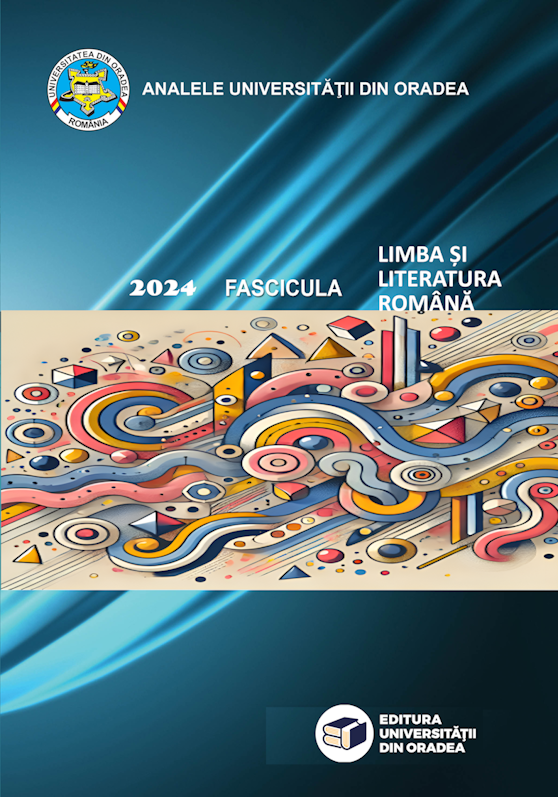ISTORIA LITERATURII MAGHIARE ÎN CONTEXT TRANSCULTURAL ROMÂNO-MAGHIAR: LITERATURA MAGHIARĂ ÎN PERIOADA ILUMINISMULUI
ȘI ȘCOALA ARDELEANĂ
HISTORY OF HUNGARIAN LITERATURE IN A ROMANIAN-HUNGARIAN TRANSCULTURAL CONTEXT: HUNGARIAN LITERATURE DURING THE ENLIGHTENMENT AND SCOALA ARDELEANA
Author(s): Levente NagySubject(s): Language and Literature Studies, Studies of Literature, Hungarian Literature
Published by: Editura Universitatii din Oradea
Keywords: transculturality; Hungarian literature; enlightenment; Școala Ardeleană; comparative literature;
Summary/Abstract: The study presents the Romanian-Hungarian transcultural interferences during the Enlightenment. The functioning of Hungarian literature in the multicultural context of the Habsburg Monarchy is presented. During that period (1780-1830) Hungarian writers were interested in the culture of nationalities (Slovaks, Romanians, Serbs, Germans), and the activity of these Hungarian writers (Kazinczy Ferenc, Csokonai Vitéz Mihály, etc.) was followed with interest by the intelligentsia of the nationalities. This multiethnic and multilingual intelligentsia has a Hungarian identity: its members consider themselves citizens of the Kingdom of Hungary – which means a cultural and social solidarity, but not an ethnic one. Gheorghe Șincai, Samuil Micu or Petru Maior from a cultural and social point of view are closer to Csokonai, or to Kazinczy than to Alecu Văcărescu, or Anton Pann. In the Romantic era, with the building of nations, and of modern national literatures, writers of different literatures will increasingly close themselves off within their national language and culture, and their collaboration will also cease.
Journal: Analele Universităţii din Oradea Fascicula Limba si Literatura Română (ALLRO)
- Issue Year: 31/2024
- Issue No: 1
- Page Range: 25-37
- Page Count: 13
- Language: Romanian
- Content File-PDF

